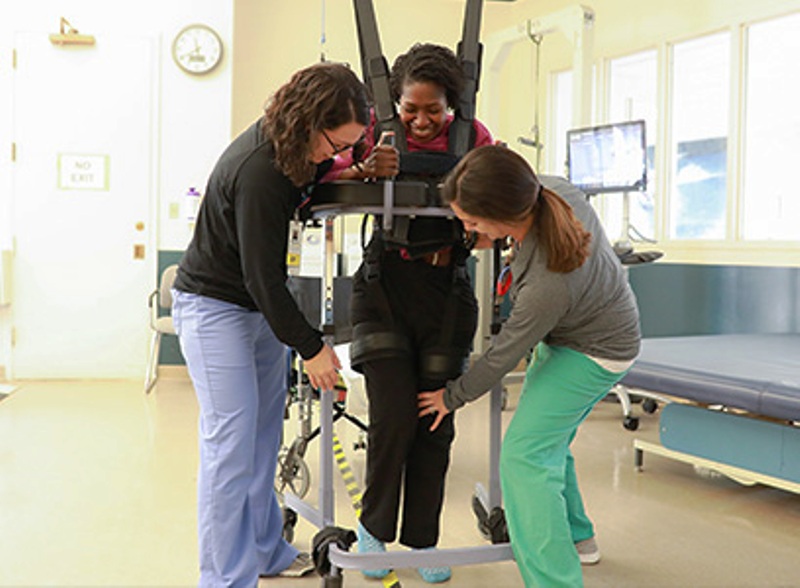When one is in charge of caring for an elderly relative, it is not easy to discern when to seek staff for overnight care. If the situation has been comfortably managed with staff only during the day, and the elderly person sleeps through the night without any problems, it may be sufficient for a family member to sleep in the house for safety reasons.
But if advancing age or illness makes your loved one increasingly dependent on a caregiver, it may be time to consider additional assistance with nighttime care.
Keep in mind that frequent waking at night aggravates certain illnesses such as dementia and also has a very negative impact on the rest of the family living in the home. After several bad nights, no one will be able to do chores or tasks and the mood in the house will thicken.
Here are some of the reasons why you should consider using night staff:
1- Alzheimer’s or Dementia Cases
Alzheimer’s and dementia are progressive diseases, meaning that the patient loses their ability to reason at a rate that depends on each case. Even in the early stages, they may feel very disoriented when they wake up and get up at night, with a risk of tripping and falling. Even if you are not disoriented, it can be very distressing to wake up and find yourself alone.
On the other hand, if you live in the same house, caring for the patient or working outside with your mind always on the loved one in your care is emotionally draining. You will need a good night’s sleep. In these cases, it is best to have staff on hand for nighttime care.
2- Night Activity
Just because we are used to sleeping through the night does not mean that an older person does the same. Sleep patterns change, and even more so when there is a physical condition with pain, discomfort or incontinence. You or another family member can check on the patient’s sleep for a few nights. If he or she wakes up once or twice a night, doesn’t ask for attention and goes back to sleep, everything is fine for now. But if he asks for something or wants to get up, you should consider having night care staff present.
3- Risk of Injury
Darkness is obviously a danger in itself. If leaving the lights on at night bothers you, you can install motion-sensing lights in the hallway or bedroom so your loved one can get to the bathroom or kitchen if he or she is able to move around properly. Make sure there is no furniture in the way or loose rugs. People with Alzheimer’s disease or dementia may want to go out, so it’s best to lock the house properly at night without easy access to keys.
If the patient has difficulty getting around and tries to do so at night, a night watchman should be used.
4- Security
There are many reasons why an elderly person may feel unsafe even if his physical or mental condition is not so deteriorated. This frequently occurs when he loses a partner, has been the victim of a crime in the past, has recently moved to a neighborhood he perceives as unsafe, or if he has had an accident. Whatever the cause of your fear, having someone near you at night will ease your anxiety and allow you to get better quality sleep.
5- Bladder Problems or Incontinence
Incontinence, or lack of bladder control, is a very common problem among older adults. While you can’t reverse the situation, you can provide your loved one with comfort and support, including providing disposable adult incontinence diapers or underwear and waterproofing the mattress to protect it from damage.
But if the patient spends several hours with wet underwear or sheets, she will quickly develop skin lesions that are not only painful but also prone to infection. And of course, being in wet clothes, you will not be able to sleep well. In these cases, it will be better to find someone to take care of it at night.






